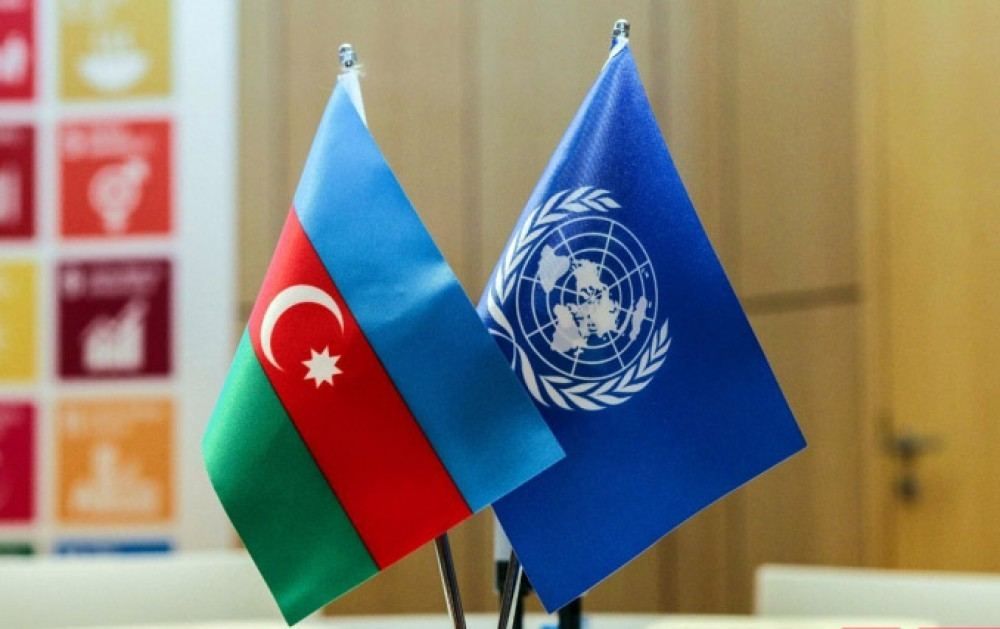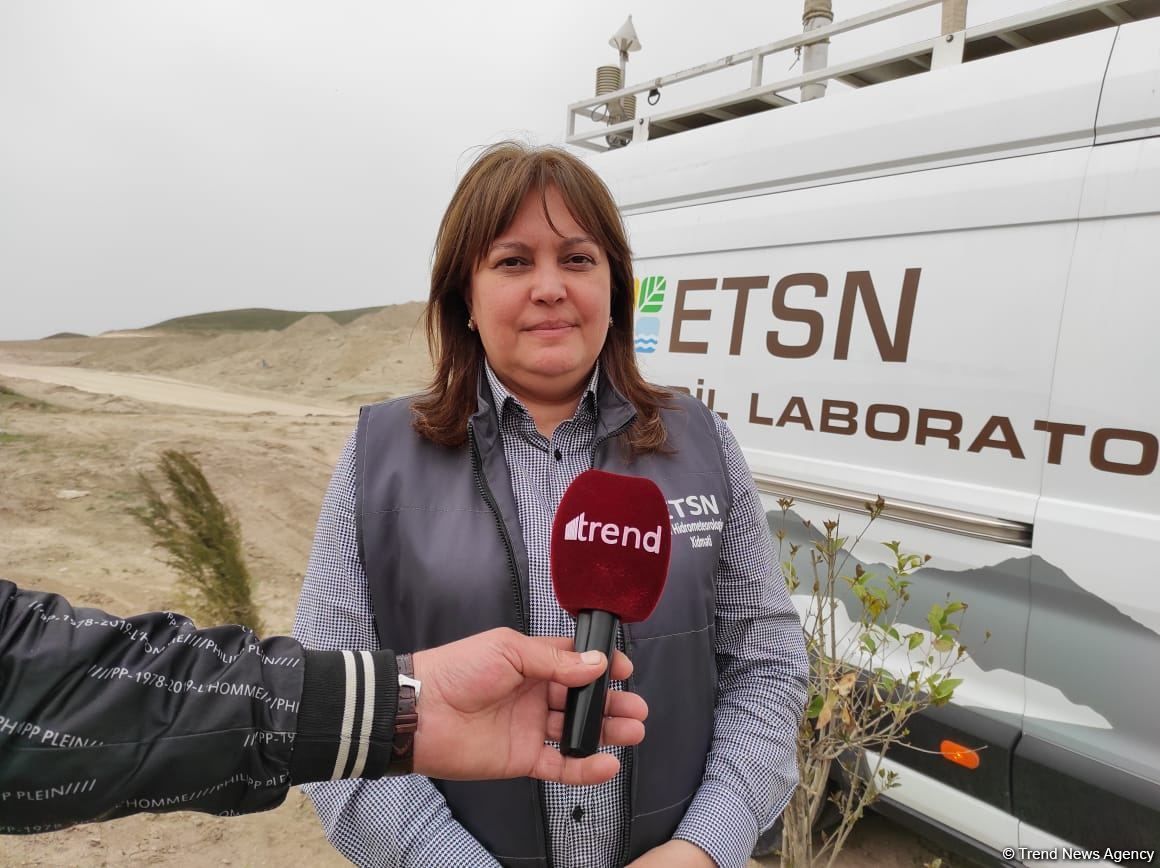Azerbaijan, UN to cooperate in preventing Caspian Sea level drop

By Vugar Khalilov
Azerbaijan and the United Nations (UN) will take joint actions to prevent the Caspian Sea level decline, Azernews reports.
Mahir Aliyev, Regional Coordinator for UNEP's (Environment Program) Europe Office and Coordinator of the Interim Secretariat of the Framework Convention for the Protection of the Marine Environment of the Caspian Sea (Tehran Convention), made the remarks at an international conference on fluctuations in the level of the Caspian Sea on July 5.
He underlined that Azerbaijan has been collaborating with the UN for decades and that the relationship is mutually beneficial.
"The UN supports activities in the field of climate change, environmental protection, and changes in the level of water basins. As part of these initiatives, it’s planned to carry out relevant work with Azerbaijan in the Caspian Sea," Aliyev said.
According to Fakhraddin Gadirov, Director General of the Institute of Oil and Gas of the Azerbaijan National Academy of Sciences, the water level in the Caspian Sea lowers by six-seven centimeters per year.
He went on to say that the most important responsibility of Azerbaijani institutions is to conduct research on cleansing, protection, and prevention of water level drops in the Caspian Sea.
"This sea is one of the richest in natural resources, oil and gas. Its water level 100 years ago was two meters higher than now. The water balance of the sea also depends on the flow of river water, which changes every year," Gadirov said.
The expert stressed the need for carrying out space geodesy and GPS research in this area.
"In Azerbaijan, we did this in cooperation with Russia. There are about 200 different volcanoes in our sector of the Caspian Sea, which also affect the sea," Gadirov stressed.
He mentioned that a consortium, which may include Caspian region nations, is being formed in collaboration with the Russian Academy of Sciences.
"Through this cooperation, we’ll be able to achieve great success in the protection and safety of the water resources of the Caspian Sea, and to prevent a decrease in its water level," the expert added.
Addressing the event, Khalik Mammadov, Vice President of the State Oil Company of Azerbaijan Republic (SOCAR) said that the Caspian Sea water level has a substantial impact on marine life.
He underlined that conducting research in shallow water with no access to ships is difficult.
"The level of the Caspian Sea is dropping rapidly, and if this trend continues, SOCAR will face risks in the sphere of maintenance of its equipment," Mammadov said.
SOCAR, he said, has policies in place to limit harmful emissions into the atmosphere and decarbonize.
"We have become the first large company that has taken the first step to reducing emissions into the atmosphere and will continue to implement projects in this direction," Mammadov added.
In the same vein, Umayra Taghiyeva, Head of Azerbaijan's National Hydrometeorological Service, underlined that the water level in the Kur River, which runs through Azerbaijan, Georgia, and Turkiye fell by 45 percent on an annual basis from January to June 2022.
According to her, the river's water level has dropped by 27 percent in the last decade.
"By 2040, the average air temperature will rise by 0.5 - 1.5 degrees Celsius, which will lead to a reduction in the average monthly precipitation,” she noted.
“In the winter months, the amount of precipitation in the mountainous regions of Azerbaijan has decreased by eight-nine percent. Besides, less snow has fallen in recent years, leading to a decrease in the level of rivers,” Taghiyeva added.
“The number of windy days in Azerbaijan is growing, which creates additional risks of lowering the water level in the Caspian Sea," the expert said.
Taghiyeva also emphasized the necessity of adopting new ways in terms of adapting to current climatic changes.
---
Follow us on Twitter @AzerNewsAz
Here we are to serve you with news right now. It does not cost much, but worth your attention.
Choose to support open, independent, quality journalism and subscribe on a monthly basis.
By subscribing to our online newspaper, you can have full digital access to all news, analysis, and much more.
You can also follow AzerNEWS on Twitter @AzerNewsAz or Facebook @AzerNewsNewspaper
Thank you!

